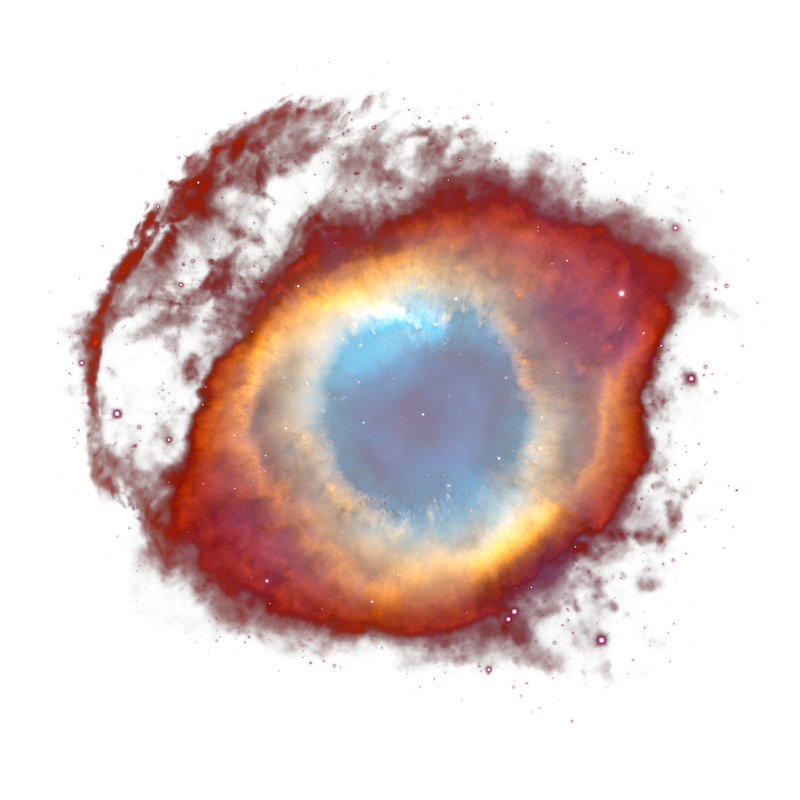- cross-posted to:
- [email protected]
- [email protected]
- [email protected]
- cross-posted to:
- [email protected]
- [email protected]
- [email protected]
…Earlier this century, some very strong evidence arrived showing that there was a Universe before the Big Bang, demonstrating that the Big Bang wasn’t truly the start of it all…
…The differences between a Universe that began with a hot Big Bang and a Universe that had an inflationary phase that precedes and sets up the hot Big Bang are subtle, but tremendously important…
…in a Universe that underwent a period of inflation prior to the start of the hot Big Bang, we’d expect there to be density fluctuations on all scales, including on scales larger than the speed of light, which could have allowed a signal to travel since the start of the hot Big Bang…
Although later fluctuations superimpose themselves atop the older, earlier, larger-scale fluctuations, inflation allows us to start the Universe off with ultra-large-scale fluctuations that shouldn’t exist in the Universe if it began with a Big Bang singularity without inflation.
…At any moment in the Universe’s history, there’s a limit to how far a signal that’s been traveling at the speed of light since the start of the hot Big Bang could’ve traveled, and that scale sets what’s known as the cosmic horizon…scales that are greater than the horizon, known as super-horizon scales, are beyond the limit of what could’ve been caused by physical signals generated at or since the start of the hot Big Bang.
…When we look at the final (2018-era) Planck TE cross-correlation data, below, the results are breathtaking…As you can clearly see, there can be no doubt that there truly are super-horizon fluctuations within the Universe, as the significance of this signal is overwhelming. The fact that we see super-horizon fluctuations, and that we see them not merely from reionization but as they are predicted to exist from inflation, is a slam dunk: the non-inflationary, singular Big Bang model does not match up with the Universe we observe.



Theres stuff farther out than it should be possible for stuff to have gone in the amount of time since the big bang.
So there was something before that. Or FTL is possible– it’s not.
Edit: so everything i said is at most locally true/true for us.
They’d rather consider a universe before the Big Bang before they get rid of λCDM.
ΛCDM actually 🤓
New nerd rock band name
Except that this says there are things that exist and have been measured on super scales which exceed the speed of light.
Unless I’m not understanding it correctly there is something faster than light it is just beyond the boundary of the universe so we could never achieve it as we can’t exceed the speed of light within the universe to get to it.
Wait so c really is just a local thing?
Not so much that things can go faster than c, but that on a large enough scale, the universe can expand faster than c. What this means is, beyond a certain distance, the only way it’s possible to travel to or even observe some points is if we have FTL capability. This is effectively the edge of the universe, which is a local phenomenon - someone at our edge of the universe could very well see farther away than we can, but they also wouldn’t be able to see past us in the other direction (assuming some models are correct).
Oh that’s much cooler. So is there a way to break out?
There’s no evidence we can go FTL. The closest we have is the Alcubierre drive, which requires an incredible amount of matter with negative mass.
Or, more likely, we have the wrong date for the beginning of the universe.